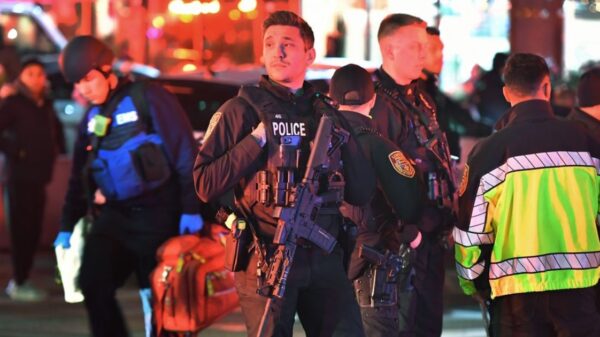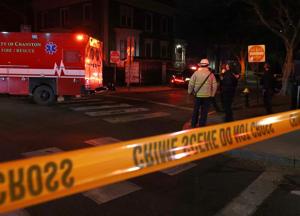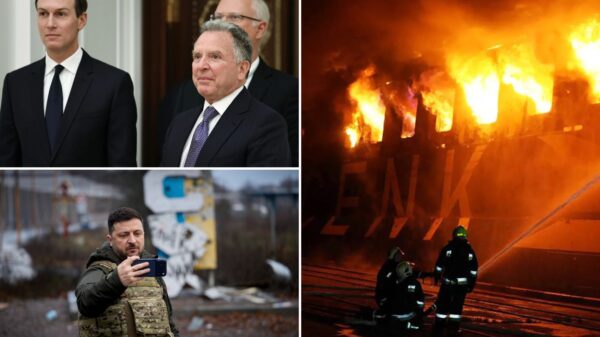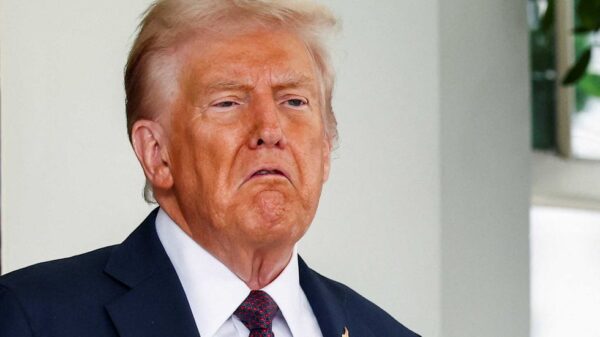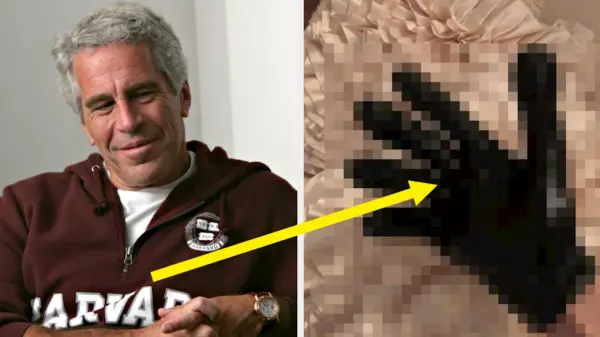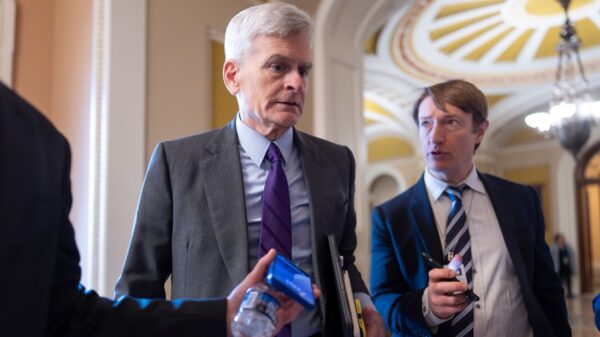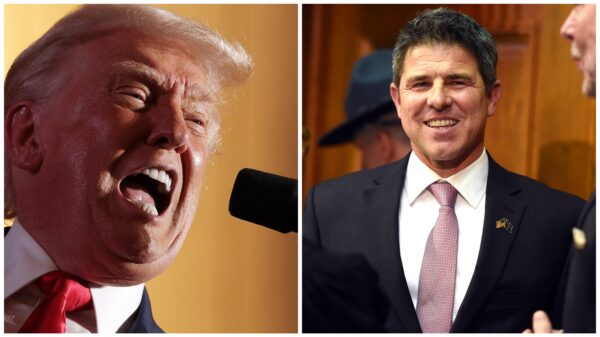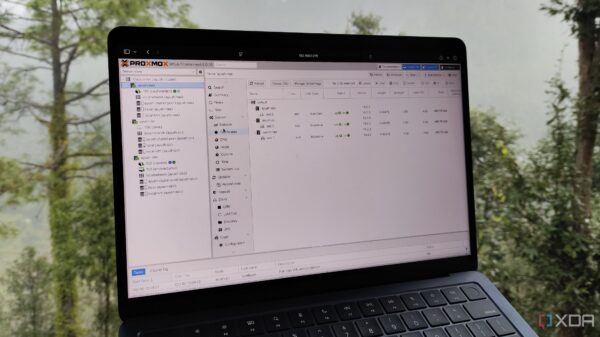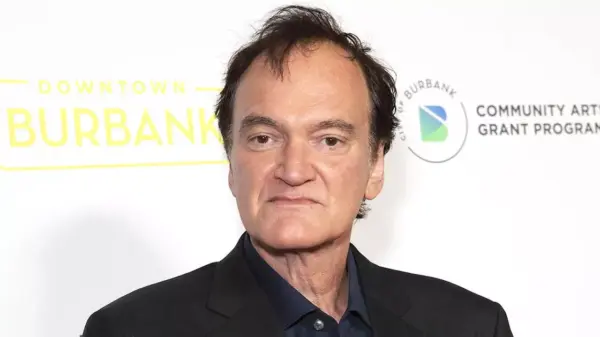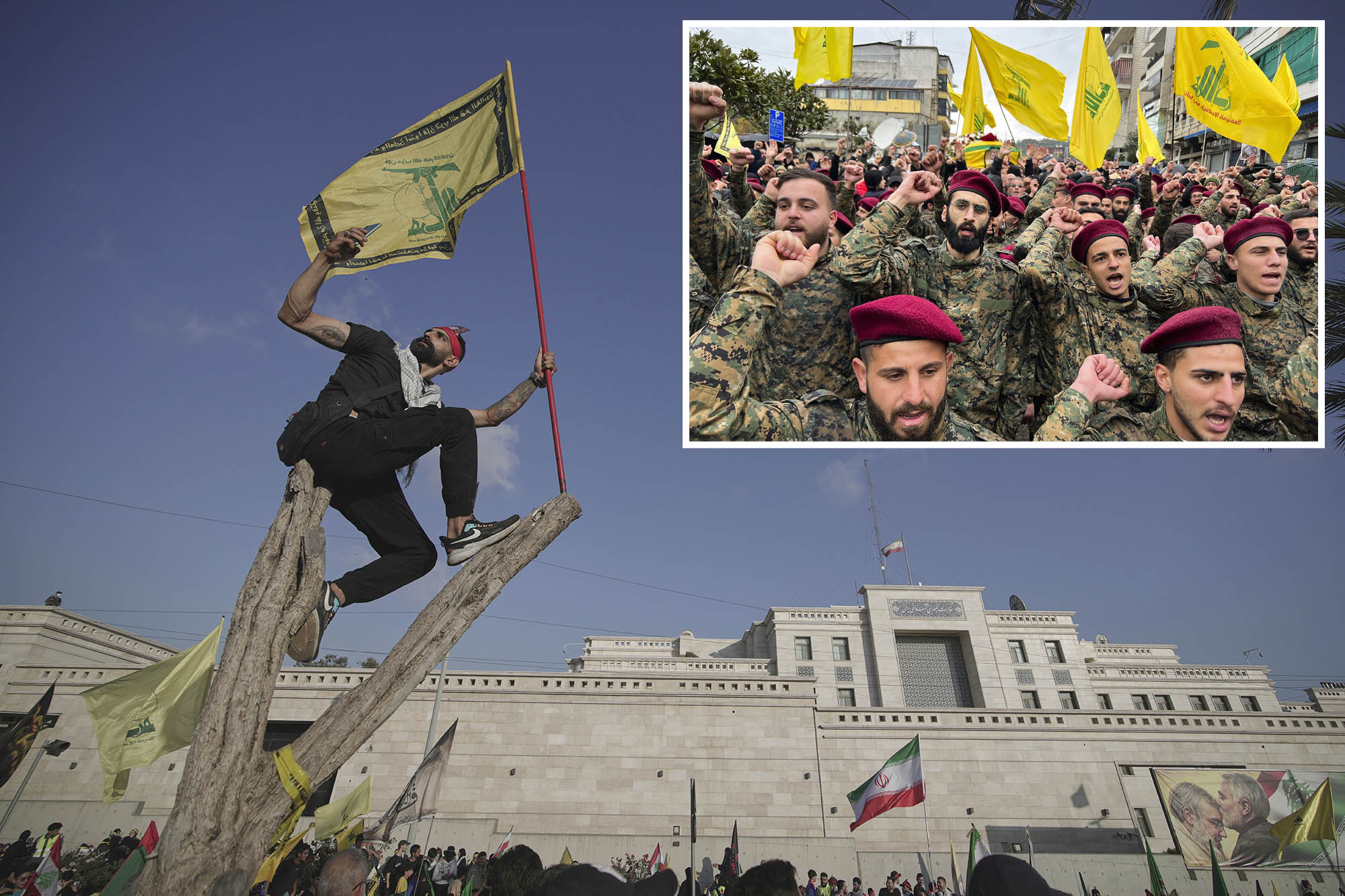The United States has unveiled a comprehensive proposal aimed at achieving full disarmament of Hezbollah by the end of the year, alongside a planned withdrawal of Israeli forces from southern Lebanon. This initiative, presented by President Donald Trump’s envoy, Tom Barrack, is currently under consideration by Lebanese lawmakers. The proposal seeks to stabilize the fragile ceasefire established after last year’s military conflict between Hezbollah and Israel.
The urgency of this initiative is highlighted by increasing complaints regarding Israeli violations of the current ceasefire, including airstrikes and cross-border operations. These actions pose a significant risk of destabilizing the already tenuous situation, as noted in the proposal documented by Reuters.
Key Components of the Proposal
The plan outlines several critical steps. It calls for the Lebanese government to publicly commit to disarming Hezbollah by December 31, 2025. In exchange, Israel would halt all military operations—ground, air, and sea—in Lebanon. Currently, Israel maintains control over five strategic locations in southern Lebanon, which Israeli officials assert are necessary to prevent attacks from the Iran-backed group.
The proposal also includes a timeline for disarmament, with Lebanon expected to initiate this process within 60 days. Lawmakers would need to submit a detailed strategy for the Lebanese Army to assume control over all weapons held by Hezbollah. Following this, Israeli forces would begin their withdrawal from the five locations, and the Jewish state has agreed to release Lebanese prisoners captured during last year’s conflict, an operation to be monitored by the International Committee of the Red Cross.
The second phase aims for a complete Israeli withdrawal within 90 days, coupled with a financial plan to assist in rebuilding the infrastructure severely damaged during the war. The final phase of the proposal insists on dismantling all of Hezbollah’s heavy weaponry, including missiles and drones. Once this disarmament is accomplished, the US plans to convene with France, Saudi Arabia, Qatar, and other allied nations to advance President Trump’s vision for a prosperous Lebanon.
Challenges Ahead
Lebanese Prime Minister Nawaf Salam has urged the military to devise a strategy for monitoring the restriction of Hezbollah’s arms. The group, which faced significant losses during its conflict with Israel—including the death of its founder, Hassan Nasrallah, and many senior leaders—has consistently rebuffed calls for demilitarization. Hezbollah has warned Lebanese lawmakers that any such directives from the government would be seen as a “grave sin,” according to reports from AFP.
As the situation evolves, the White House has not yet responded to requests for comments regarding the proposal. The outcome of this plan could have far-reaching implications for regional stability, as it addresses long-standing tensions between Hezbollah and Israel while aiming to restore peace and reconstruct Lebanon after the devastation of war.

